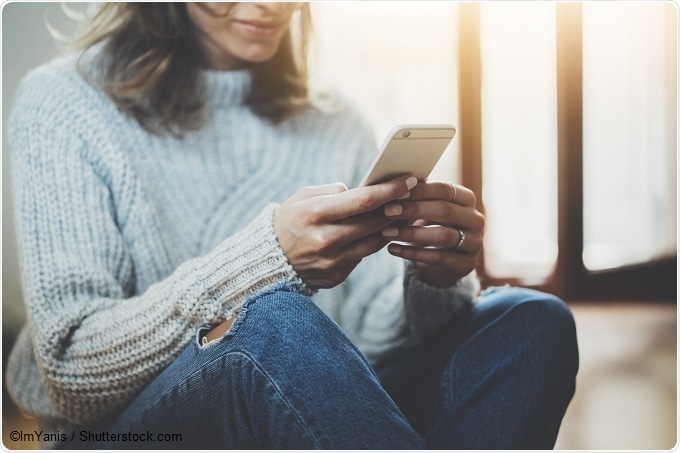A new smartphone app called Natural Cycles has been formally approved as a method of contraception in the European Union.
The app is one of various fertility-tracking phone apps available, but Natural Cycles is the first to be formally certified as a medical device and therefore a contraceptive.
A study published in The European Journal of Contraception & Reproductive Health Care, looked at the success of the app to manage a woman’s fertility and prevent unplanned pregnancies. The data of over 4,000 women who used the app were analyzed to evaluate its use a contraceptive.
The study observed 10 pregnancies that were as a result of a false safe day being given to the user by the app and in total there were 143 pregnancies out of the 2053 woman-years with a calculated Pearl index of 7.0. When compared to an alternative contraceptive method, the pill, those that used the app in a “typical” manner had a lower chance of getting pregnant (7%) than those who took the pill ( 9%), however in comparison to the IUD coil, which has a 1% pregnancy rate, it is significantly higher.

However, the 93% success rate claimed by Natural Cycles is only based on two studies, unlike other methods of contraception that have been researched for decades, and Mary Jane Minkin, professor of obstetrics, gynecology and reproductive sciences at the Yale School of Medicine warns it should not be relied on.
The app, which can be accessed via the Apple App Store and the Google Play store for a monthly or annual fee, was launched in 2014 and now has a user-base of 300,000. It is a tech-age version of an age-old family planning method called the rhythm method where couples either avoid sex or take additional precautions on days when the woman is likely to be ovulating.
The app works by allowing a woman to determine how fertile she is based on her resting body temperature, which is known to increase very slightly when she is ovulating. A woman takes her temperature every morning and enters the data into the app, which either displays a green light indicating it is safe to go ahead with unprotected sex or a red light warning that pregnancy is possible.
Minkin says natural family panning methods have a failure rate of about 25% and whether this app would be a suitable contraception method depends on couples’ needs and expectations.
Nathaniel DeNicola, assistant professor of obstetrics and gynecology at The George Washington University's School of Medicine & Health Science agrees that people should not assume that this app or any other fertility-tracking app can provide a 99.5% chance of not getting pregnant. For that level of guarantee, people should use long-acting reversible contraceptives such as the birth control implant or an intrauterine device (IUD).
The app developers hope to increase the size of their company from 30 employees and have a future vision of improving women related health issues globally, especially in developing countries where there may be additional contraception barriers such as religion.